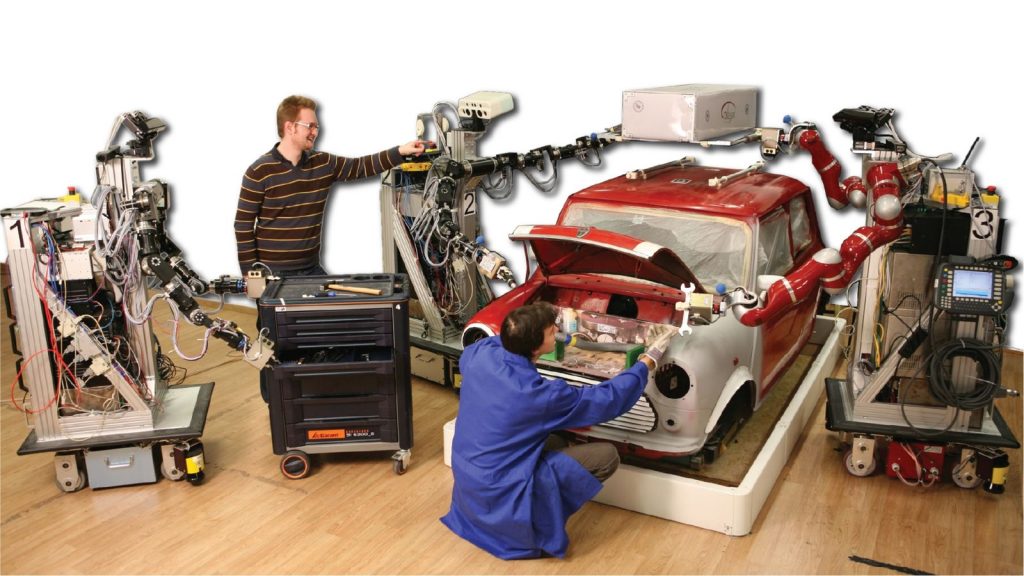
Technische Universität München (TUM) is a top-ranked academic and research institution in Germany, as consistently cited in several independent rankings in recent years. It provides an excellent research and teaching environment with substantial funding from the Bavarian state government. One of the missions of the University is to boost interdisciplinary research between engineering, medicine, and humanities. The TUM has earned a high international reputation, apparent from research collaborations with more than 140 partner Universities, hundreds of research projects, financed by the European Community and the German Federal Ministry of Science, as well as 17 special research programs supported by the DFG. TUM pursues a sustainable strategy of promoting high quality research and supports scientists at each stage of their career development. Institute for Advanced Study (IAS) is an elite institution of TUM and the centrepiece of the TUM institutional strategy to promote top-level research in the Excellence Initiative by the German federal and state governments. Based on excellent academic records IAS brings together selected cross-disciplinary international guest scientists and top faculty members allowing its fellows full time and complete freedom of research on a trust basis. Currently, IAS consists of 20 fellows from a variety of areas as e.g., life and environmental sciences, fundamental physics and engineering. The Chair of Information-oriented Control (ITR) led by Prof. Sandra Hirche located at the Department of Electrical and Computer Engineering hosts over 20 researchers with a broad experience in control of mechatronic and robotic systems, in particular in the field of complex robotic systems such as intelligent mobile robots with arms and complex kinaesthetic feedback systems as part of multi-modal systems for human-system interaction with a special emphasis on pHRI. Main research fields are control, human-system-interaction, robotics, haptics, mechatronics, control theory, and multimodal telepresence systems.
As the coordinator of the ReHyb project, TUM is responsible for managing the overall project progress. Furthermore, TUM contributes its experience in control design for physical human-robot interaction with a particular focus on human-adaptive control, control based on learned models, real-time system identification and active safety, aiming at an improved and theoretically well-founded collaboration of humans and robotic agents.
TEAM
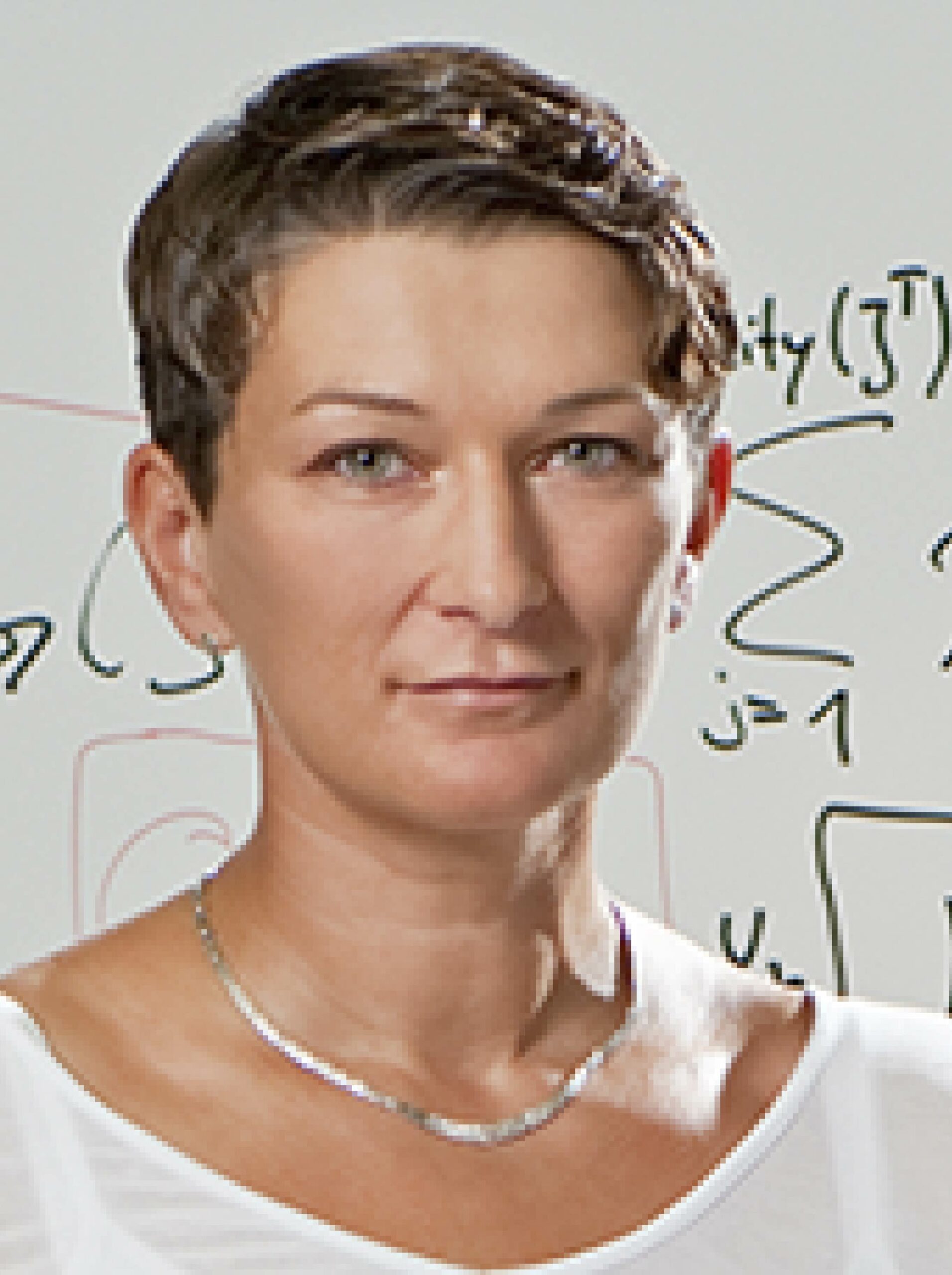
Prof. Sandra Hirche
Project Coordinator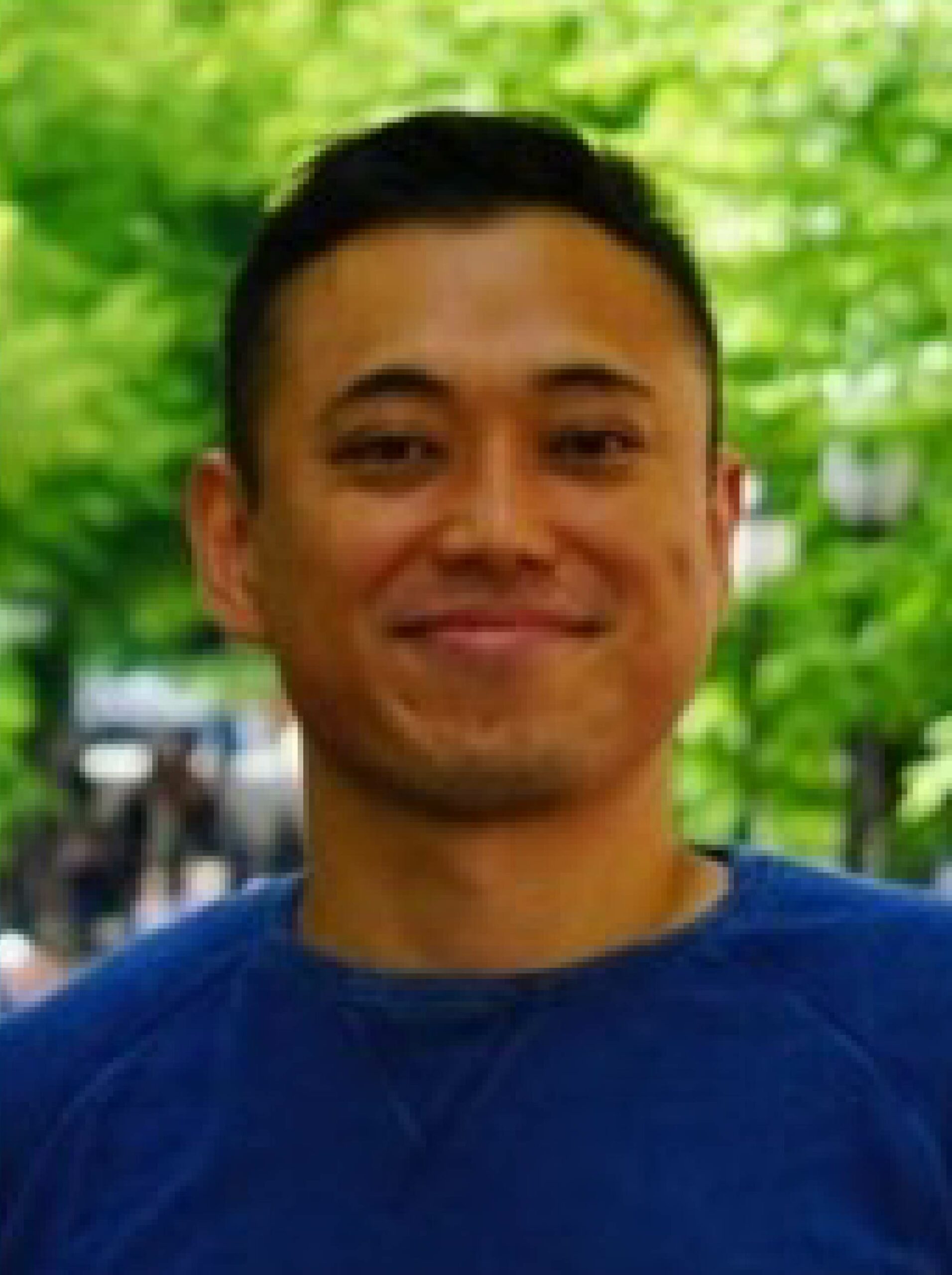
Dr. Satoshi Endo
Technical Manager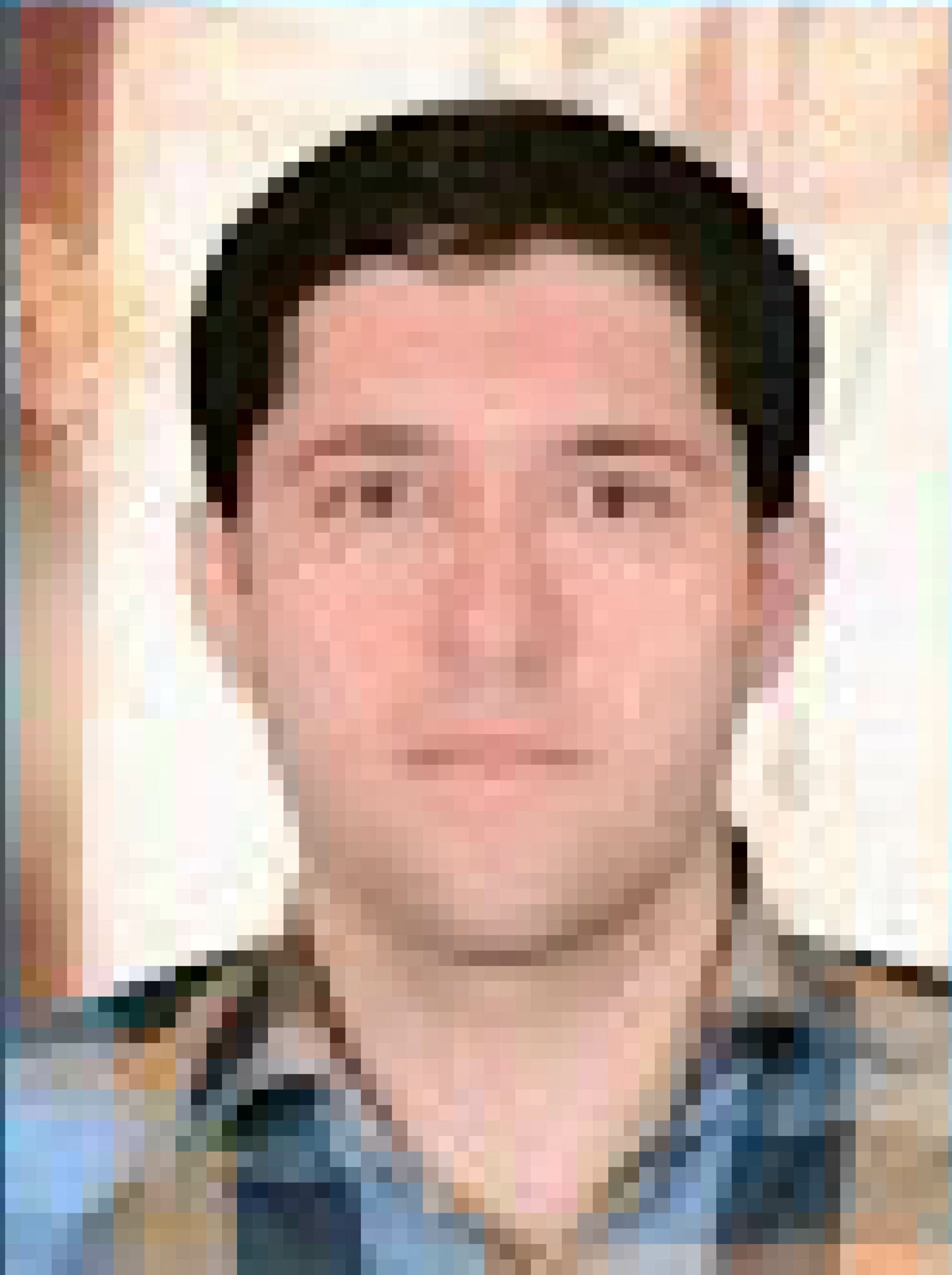
Hossein Kaviani Rad
PhD Student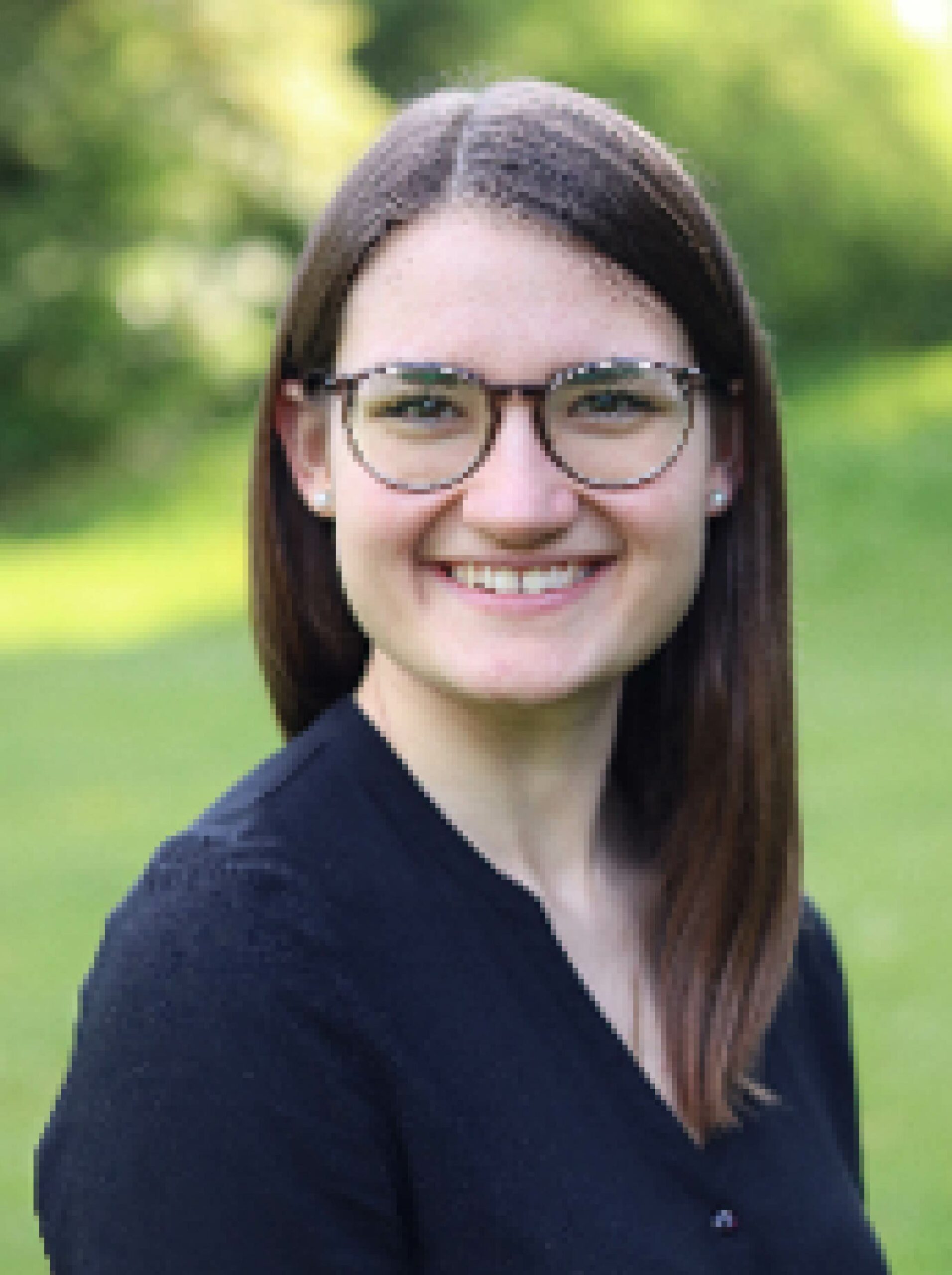
Jessica Peters
PhD Student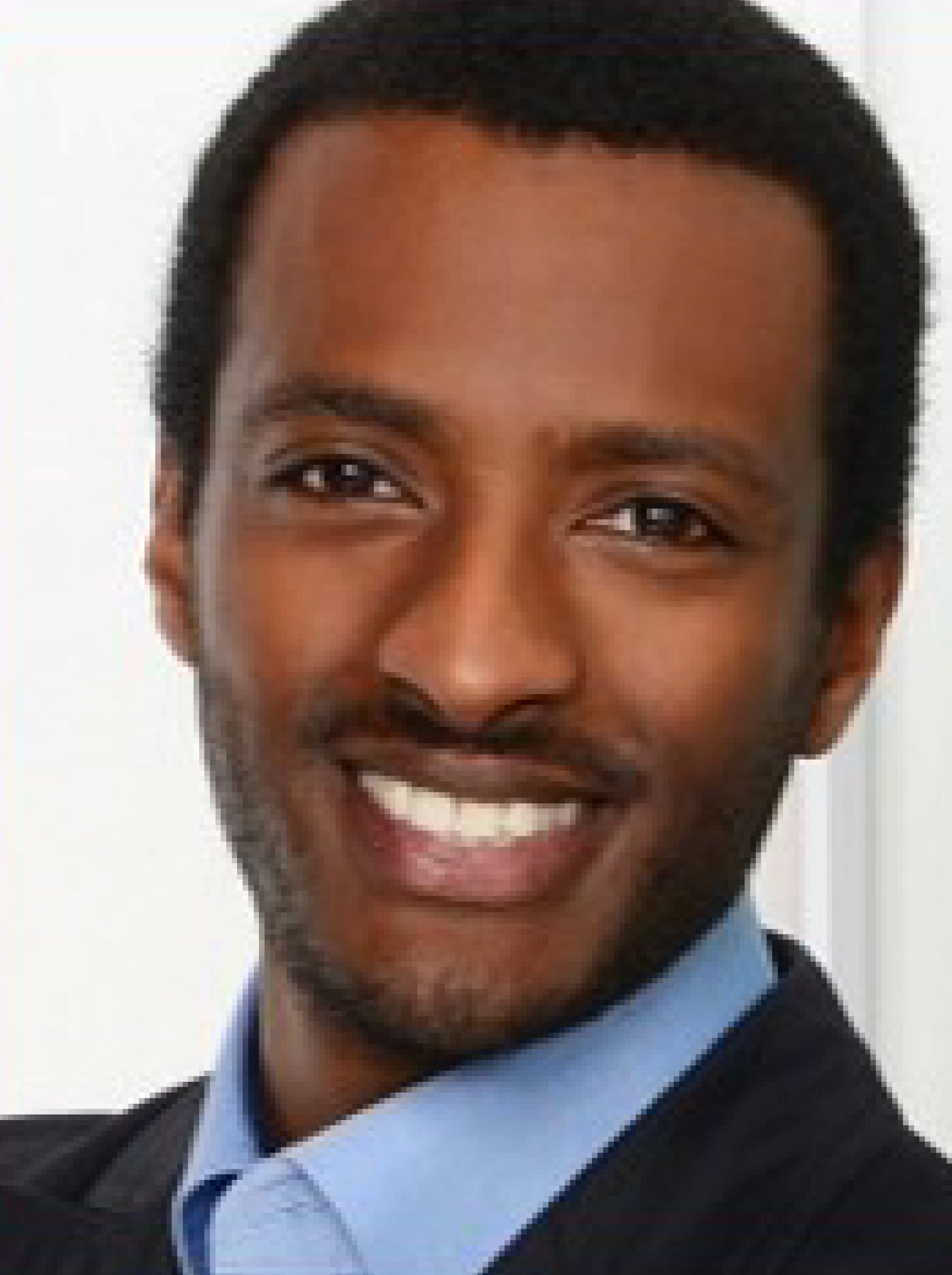
Samuel Tesfazgi
PhD StudentCONTACT
Website: https://www.itr.ei.tum.de/
Social Media:
https://www.youtube.com/channel/UCmC2LH2WYo1_JdfitTde87g/
Address: Theresienstr. 90, Building N5, 2nd floor, 80333 Munich, Germany